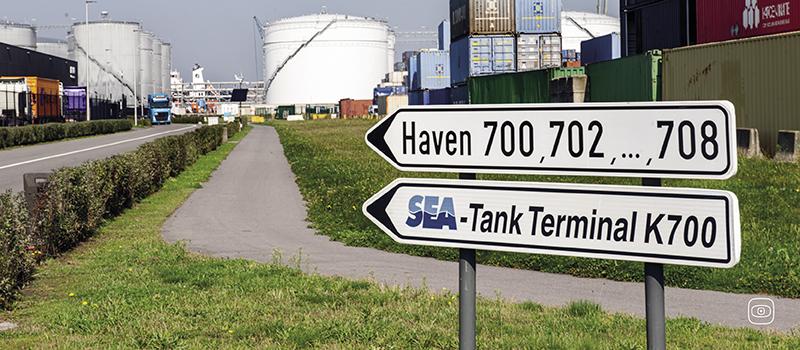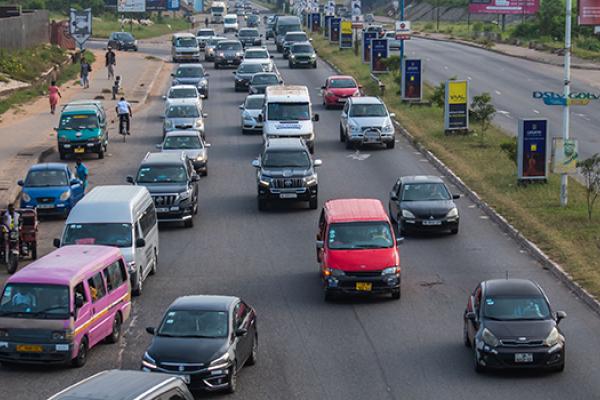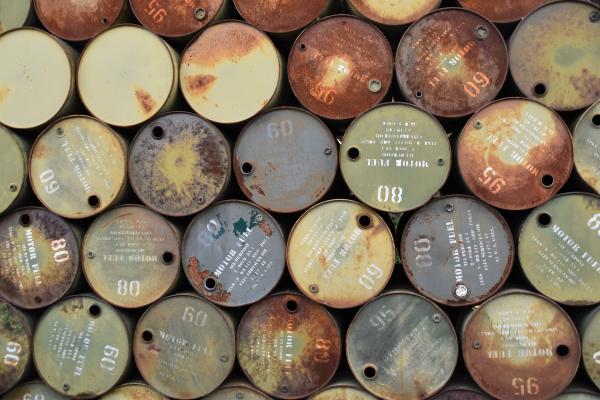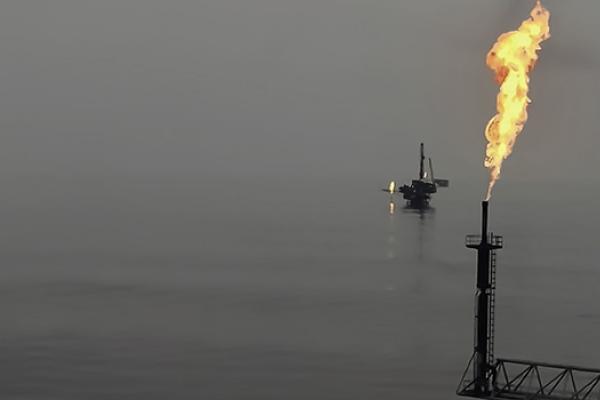Every month, employees at the SEA-Tank K700 oil blending facility in Antwerp produce ‘African-standard’ fuel: a mix of low-quality products from around the world, high in sulphur and other dangerous compounds like benzene, and known to those in the trade by the offensive term ‘jungle juice’.
Banned in Europe, high-sulphur fuels are still a major problem in West Africa, damaging engines and causing serious health problems. Drawing on interviews with current and former oil industry employees at every stage in the supply chain, and building on a previous investigation supported by Journalismfund Europe*, this story follows toxic gasoline components from their origins in outdated UK refineries, to blending facilities in Amsterdam or Antwerp, and ultimately to car engines, electrical generators and people’s lungs in Lagos.
Using the latest real-time industry data on global oil shipments, the investigation also examines the effects of export bans on high-sulphur fuel put in place in both the Netherlands and Belgium in recent months, showing that they’ve created a ‘water bed effect’, with new blending hubs popping up as far afield as Spain and Latvia. The findings suggest that the only reliable way to tackle the trade on a European level is with a blanket EU ban.
* This project follows up on How West Africa Continues to Import Dirty Diesels project which proved that, until recently, blending of ‘African standard’ fuels was a major activity in the port of Amsterdam, and that, following the introduction of new Dutch export legislation, much of the activity has migrated to the nearby port of Antwerp. The other part of the original hypothesis drew upon Data Desk’s work in the aftermath of Russia’s full-scale invasion of Ukraine, in which commodity-tracking platforms such as LSEG and Kpler have been used to provide unprecedented visibility into the activities of the international seaborne oil trade.
Illustration: A road sign pointing to the SEA-Tank K700 blending facility in Antwerp. Photograph: (c) Simon Clement/Apache.be
IMPACT
Following the publications, Benelux Secretary General Frans Weekers called for a EU-wide ban on the export of toxic fuels, directly prompted by this investigation. “Research by journalist collective Spit has shown that an export ban in one country means that exports from another country can continue,” the biggest Dutch public broadcaster reported.









